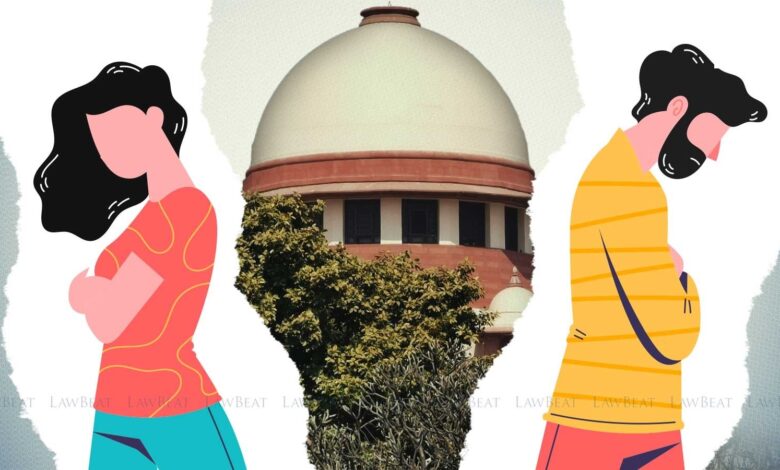
News Mania Desk/ Agnibeena Ghosh/28th June 2024
The Telangana High Court has asserted that the inability of two individuals to envision a life together should be a valid reason for dissolving their marriage. This stance challenges the traditional interpretation of Section 13(1) of the Hindu Marriage Act, 1955 (HMA), calling it outdated and misaligned with contemporary times. The Division Bench, comprising Justice Moushumi Bhattacharya and Justice M.G. Priyadarsini, emphasized that the perception of mental cruelty varies among individuals and that enduring a marriage that has fundamentally broken down serves no purpose.
The Court highlighted that a strict adherence to the grounds specified in Section 13(1) of the HMA is an antiquated approach. It stressed that a petition for divorce should not be solely bound to these grounds, but rather, Section 13(1) should be considered as a supplementary basis for cases where the marriage is otherwise unworkable. This perspective aligns with the evolving societal norms where marriage is increasingly seen as a voluntary bond rather than a social obligation.
In the case at hand, Advocate G Nagesh represented the petitioner, while Advocate N Lalitha Reddy appeared for the respondent. The wife had lodged several criminal complaints against her husband, including allegations under Section 498-A of the IPC. Concurrently, the husband’s petition for divorce on the grounds of cruelty and desertion under Section 13 (1) (i-a) and (i-b) of the HMA was dismissed by the trial court due to insufficient evidence.
The High Court noted that the wife had initiated multiple criminal proceedings against the husband, including cases under Section 498-A of the IPC and the Dowry Prohibition Act, 1961. However, the dismissal of several of these cases cast doubt on the validity of the wife’s allegations. The Court remarked that the concept of cruelty is dependent on various factors such as upbringing, education, financial status, and cultural background. The degree of tolerance to the alleged conduct varies based on the individuals’ outlook and experiences.
The Court asserted that the law must adapt to the times, recognizing that marriage is now more of a personal choice than a societal compulsion. The assessment and resolution of marital ties should rest with the married couple, with the Court playing a limited role. It emphasized that the judiciary should not act as an enforcer compelling couples to remain married, especially when their relationship has irreversibly deteriorated.
In conclusion, the Court determined that the appellant was entitled to a decree of divorce on grounds of cruelty and the irretrievable breakdown of the marriage. The Bench found no prospect of the parties resuming their matrimonial life, thereby granting the appeal and allowing the divorce.
This judgment underscores the necessity for legal frameworks to evolve with societal changes, acknowledging the personal autonomy of individuals in marital relationships. The Telangana High Court’s ruling serves as a progressive step towards modernizing the legal approach to divorce, reflecting the contemporary understanding of marriage as a voluntary and consensual union.






